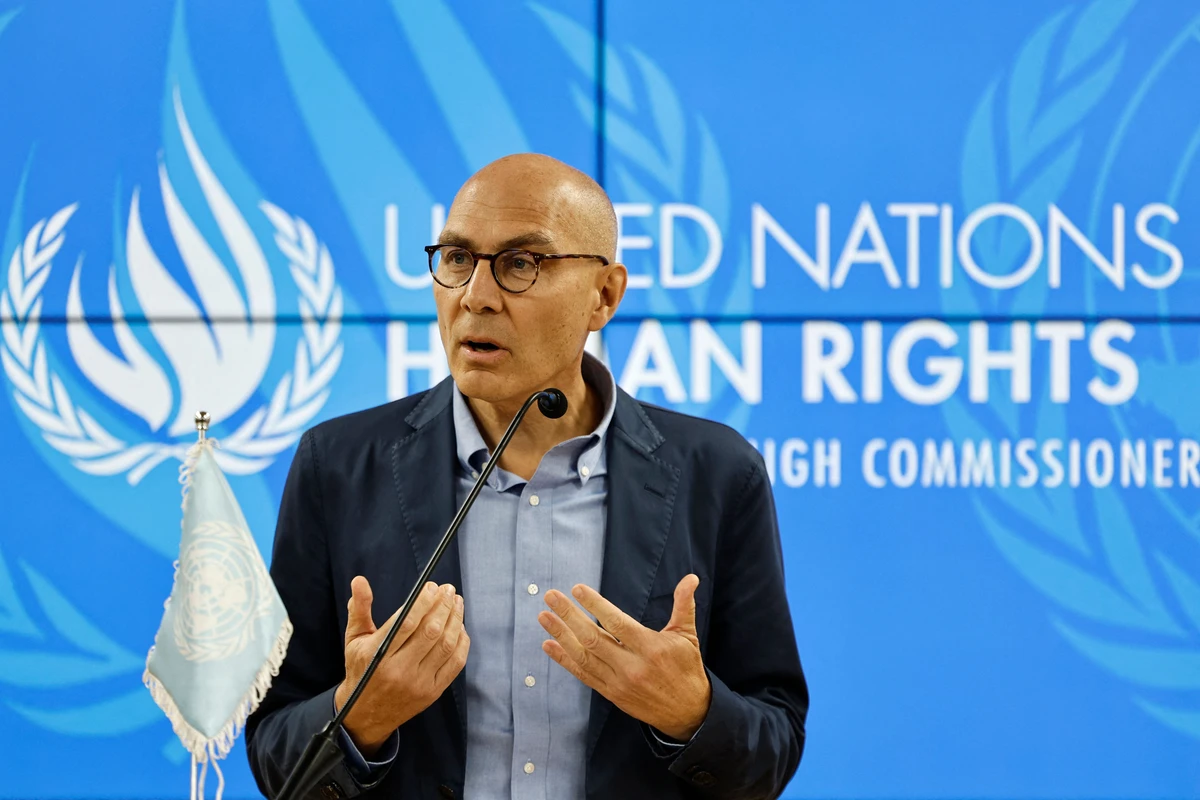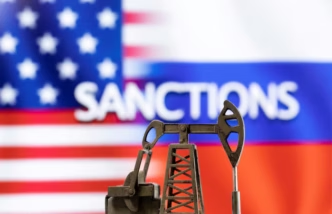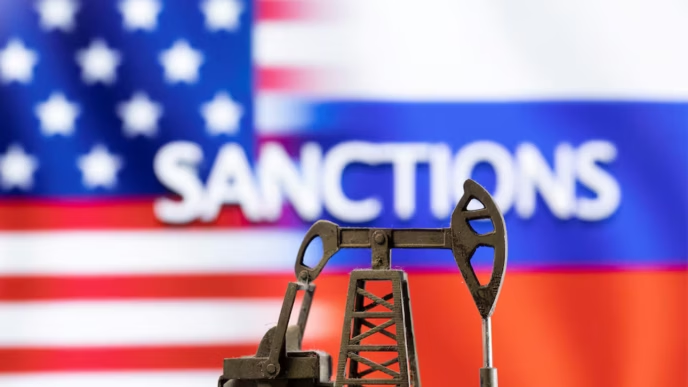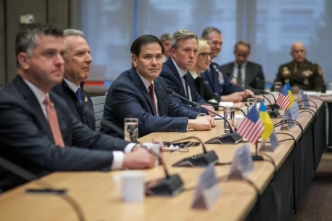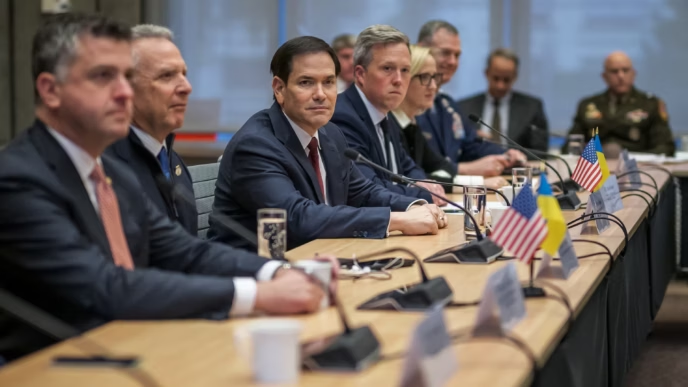The United Nations (UN) has warned that its global mission to combat widespread human rights abuses is being severely undermined by continuous funding shortfalls and a worldwide decline in the enforcement of accountability laws.
UN High Commissioner for Human Rights Volker Türk said his office—already strained by years of financial instability—was now “on its knees”.
Speaking at the UN Forum on Business and Human Rights in Geneva, Türk said the broader human rights system was operating in “survival mode” as the organisation grapples with a deepening cash crisis.
The UN is considering sweeping reforms, including a 15 per cent cut to its 2026 budget, to address long-standing liquidity issues made worse by policies introduced during Donald Trump’s presidency.
The United States, the UN’s biggest funder, suspended its contributions after Trump returned to office in January, widening an already significant financial gap.
Human rights programmes, historically under-resourced, are expected to be among the hardest hit.
The UN rights office has so far received only 73 per cent of the funding pledged by member states for 2025, leaving a $67 million shortfall.

This comes on top of the loss of tens of millions of dollars in voluntary contributions from Washington earlier this year.
Türk urged governments, companies and other stakeholders to consider alternative ways to sustain the system, suggesting payroll-giving schemes as one practical example of how businesses could bolster human rights work.
He also revealed plans to build a “global alliance for human rights”—a cross-regional partnership bringing together states, corporations, civil society groups, philanthropists and others to ensure human rights remain central to public and political debate.
He stressed that stronger protections were crucial at a time of mounting global challenges, drawing particular attention to abuses linked to the private sector.
Türk condemned the “unacceptable” threats and attacks against human rights defenders who expose corporate wrongdoing and criticised governments in some regions for weakening laws requiring companies to respect human rights—changes that he warned could have worldwide repercussions.
He also highlighted the political pushback against diversity, equity and inclusion (DEI) measures, especially in the United States under Trump.
These initiatives, he said, were designed to address systemic and historic inequalities and must not be abandoned. “This is a troubling development,” he warned. “We cannot return to systems that run contrary to equality and justice.”


 Trending
Trending 
